Activists demand allocation of 1 percent of national budget for cultural sector
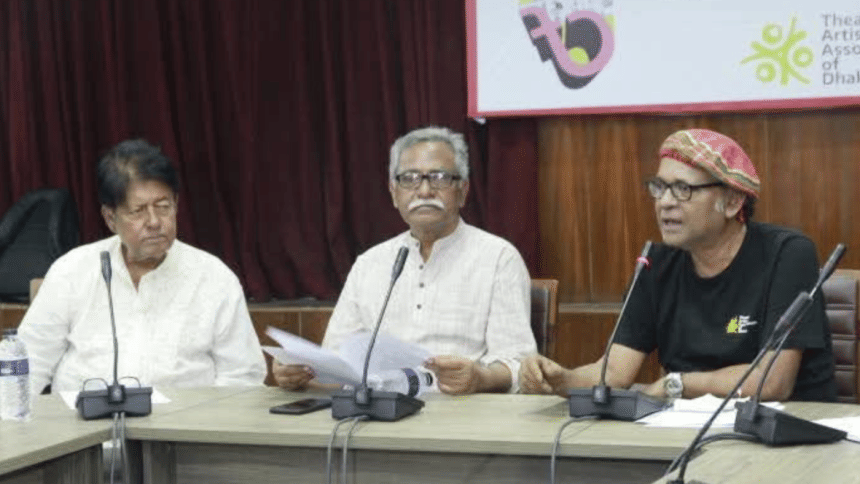
Cultural activists have demanded that at least 1 percent be allocated for the cultural sector in the national budget. They say that although the size of the national budget has increased over the past decade, the allocation for the cultural sector has not grown significantly. In the past ten years, the allocation for culture in the budget has not risen above 0.09 percent to 0.16 percent. Hence, there is a growing demand to increase the budget for this sector.
Yesterday, on Friday afternoon, cultural activists presented their views at a seminar titled "Review and Proposal of the Cultural Sector Budget." The event was organised by the Theatre Artists Association of Dhaka (TAD) in the seminar room of the Shilpakala Academy.
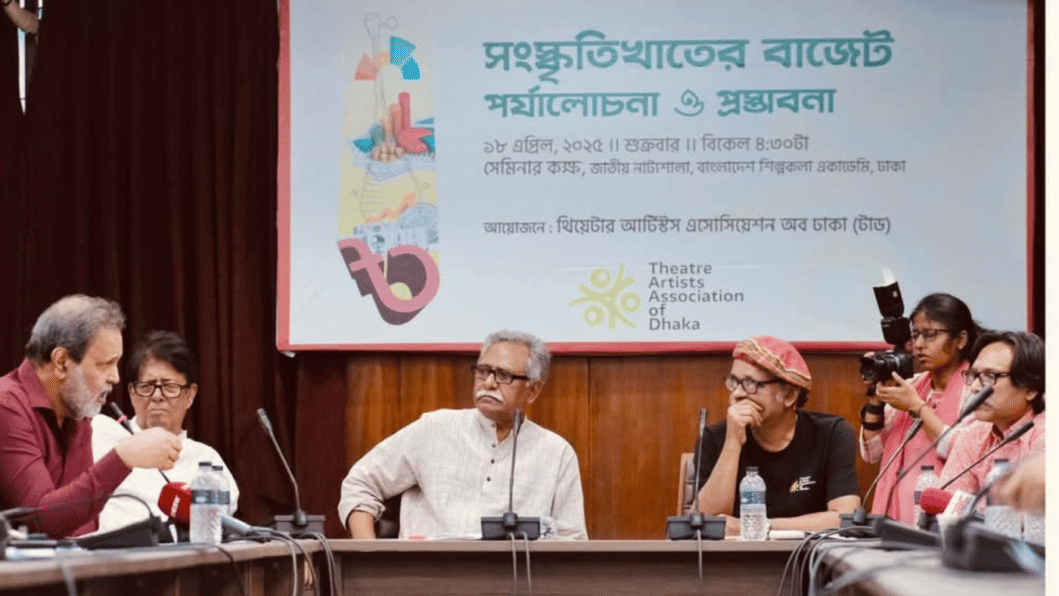
Alongside the demand for increased budget allocation, they also presented several proposals. These include: raising the allowance for underprivileged cultural workers and organisations to 15,000 taka, providing pension benefits to cultural professionals, involving individuals related to arts and culture in the Ministry of Cultural Affairs, initiating cultural exchange programmes with various countries and establishing Bengali cultural centers, digitising archives, creating a separate institute for the development of folk culture, and appointing skilled personnel in various cultural institutions.
At the seminar, the concept paper was presented by theatre activist Toufiqul Islam Emon. He said, "In the 2024–25 fiscal year, the budget allocation for the Ministry of Cultural Affairs was 7.79 billion taka, which is only 0.0977 percent of the total budget of 7.97 trillion taka. We are observing that while the size of the national budget increases every year, the structure and infrastructure of the cultural sector are not expanding accordingly. The allocation that is provided remains limited to infrastructure development, and even there, rampant corruption persists. Due to failure in completing projects within the scheduled time, estimated costs are also increasing. As a result, the national budget and the allocation for the cultural sector remain out of sync with public expectations."
Chief guest Anu Muhammad said, "The government needs to do two things—one is to establish institutions, and the other is to create an economic system that ensures the survival of cultural activists. If a composer or a maestro cannot even sustain themselves, how will cultural practice continue? I fully agree with your demands."
Actor and director Azad Abul Kalam, who presided over the seminar, said, "Although the demand for allocating at least 1 percent to the cultural sector is raised time and again, it always remains just a demand. This time, there is no politically subservient government in power. Therefore, we urge the current government to increase the allocation for the cultural sector in the budget."
Dancer Lubna Marium said, "We need to streamline the management of our cultural sector. For that, we need 'Data for Culture.' We are not just sitting around waiting for grants—we need data. Without data, no one will listen to us."
Playwright and director Mamunur Rashid said, "Since 1972, there has been a certain disregard for culture by those in power. They have always looked down on it with a dismissive attitude."
Actor Tariq Anam Khan said, "Just increasing funding won't necessarily accelerate cultural practice. I believe institutions need to be built where culture can be practiced freely."
Musician Sujit Mustafa said, "Artistes in Bangladesh are part of a neglected and humiliated community. We're also facing a bigger threat—the expansion of the internet. A huge number of dramas are being made on OTT platforms and online. I don't even know how many people come to the theater anymore. A new concept has emerged—going viral. Uneducated boys and girls are making TikTok videos. The standard of taste has dropped drastically! Nowadays, no one even listens to music. You have to create visuals just to get people to hear a song."
Also present at the event were cultural activists Amit Ranjan Dey, Asadul Islam, among others.

 For all latest news, follow The Daily Star's Google News channel.
For all latest news, follow The Daily Star's Google News channel. 



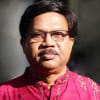

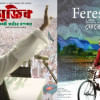
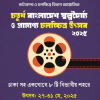


Comments